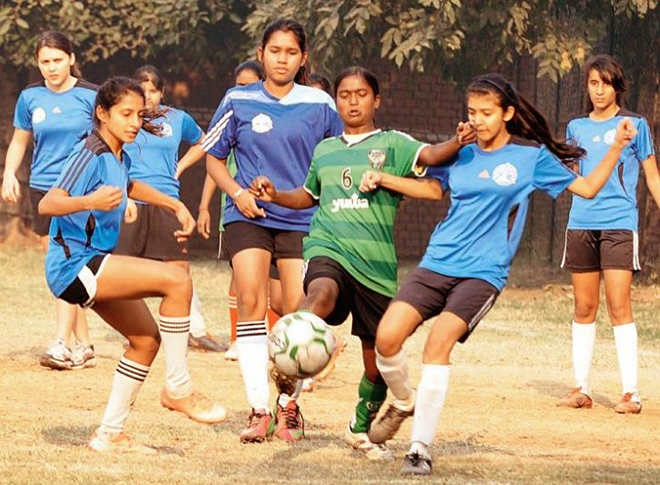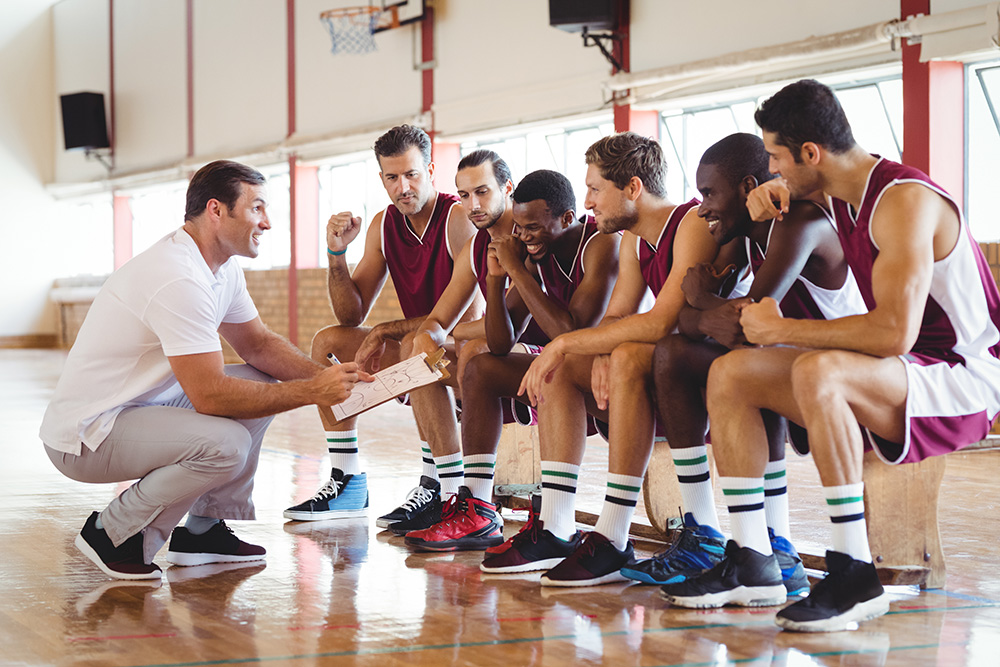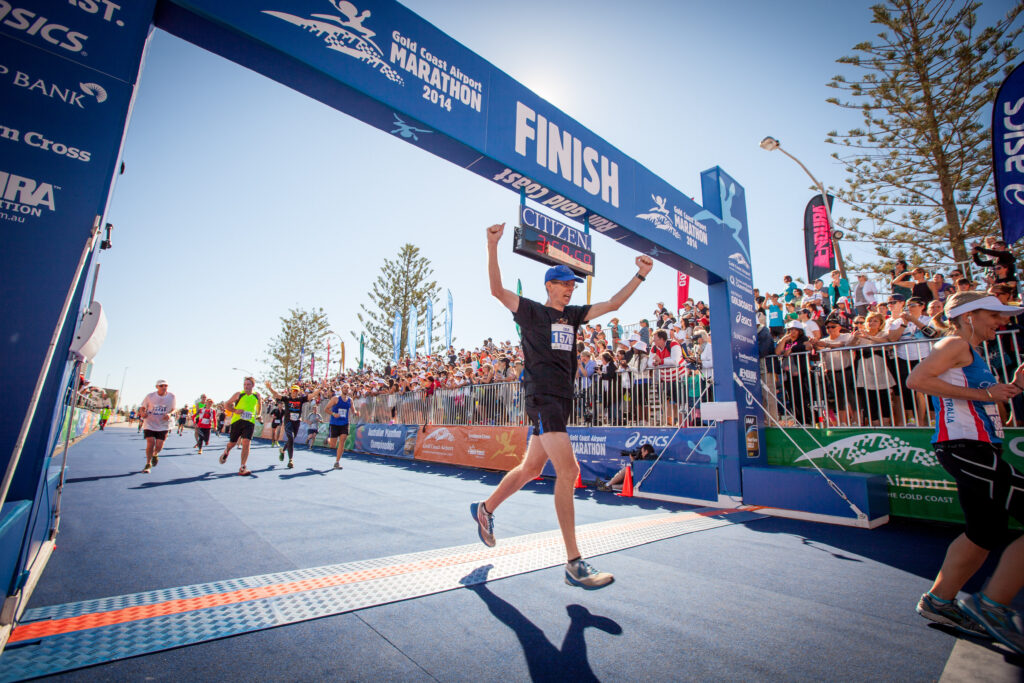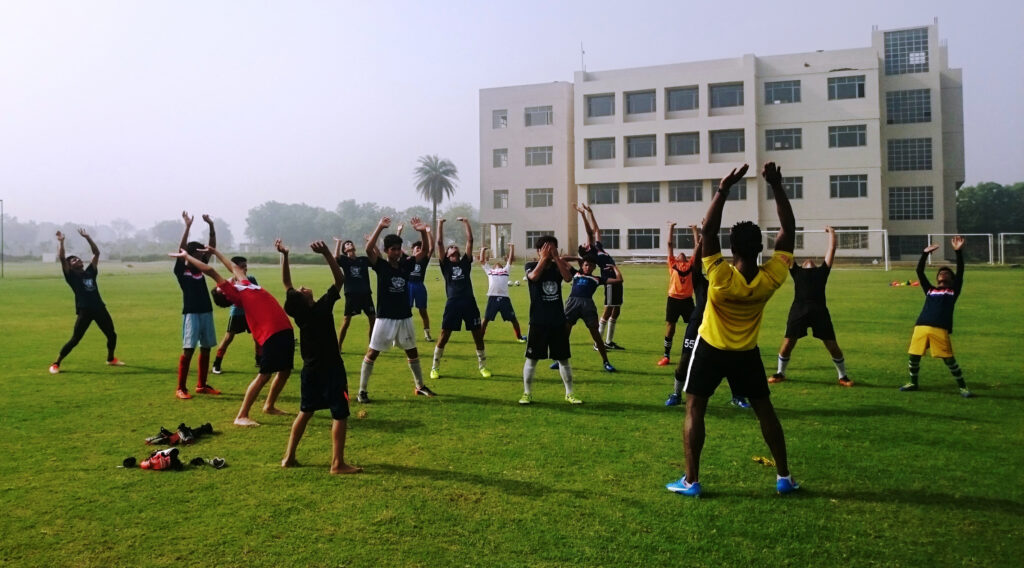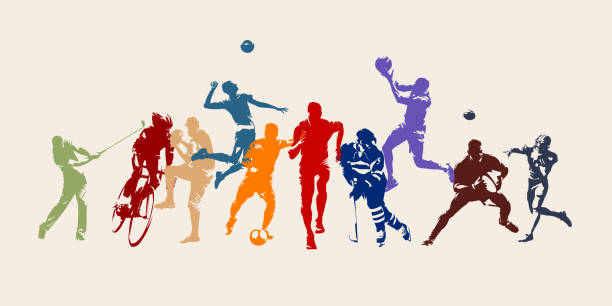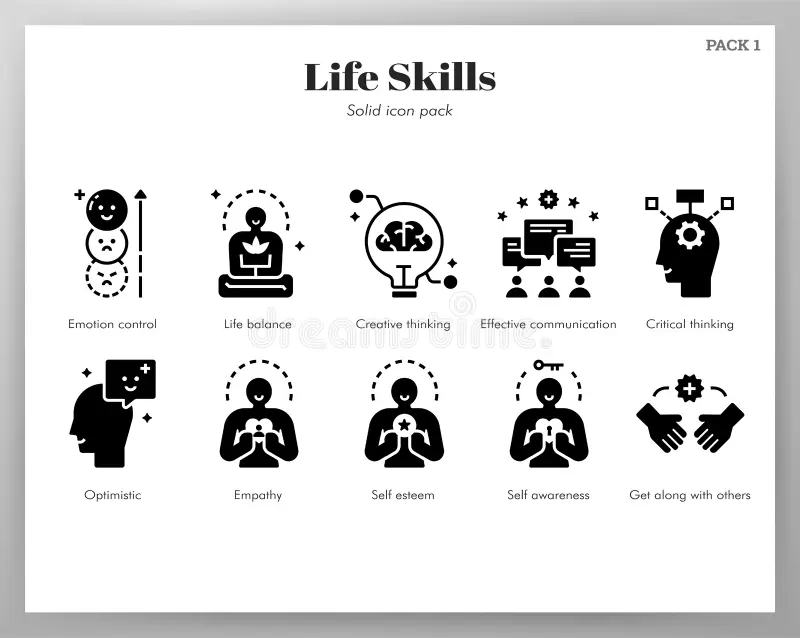Mental Toughness In Athletes
The importance of mental wellbeing has been emphasised for a long time now, we are more aware of its impact and need to strengthen our mindset. If you look up the internet, you’re bound to find tons of definitions and meaning of the term, but what does mental toughness really mean?
After a long search, we were able to choose the most apt definition for it- Mental toughness is a measure of an individual’s ability to be resilient, have confidence, remain competitive, and overcome adversity in their life.
Tom Brady, quarterback of the New England Patriots highlighted the importance of mental toughness, “Football is so much about mental toughness, it’s digging deep, it’s doing whatever you need to do to help a team win.”
A lack of mental toughness is the biggest enemy of athletes. Lacking mental toughness causes athletes to give up, give in, tank the match, and give less. The level of your athletic success is in direct proportion to your level of mental toughness. To be mentally tough, you must be willing to do what most athletes don’t do. It can be simply put that “Mental Toughness sets apart good and great athletes when physical, technical and tactical skills are equal”.
Lets dive deeper into the topic to understand its elements and break down some myths about Mental toughness.
Many athletes believe they are born with mental toughness, so you either have it or you don’t. Well this is partially incorrect, chances are you may be born with and yes, it’s an important factor to succeed. However it’s not an either-or situation, you can most definitely work on building and strengthening your mental toughness.
Some athletes—like those who have overcome adversity in their life and have grown used to rebounding—do seem to be mentally tougher than others. Two athletes that come to mind are Michael Jordan and Greg Norman; they both overcame adversities.
And one aspect of mental toughness is the ability to handle challenges. Mental toughness is an attitude, and you are the only one who can create your own attitudes.
If you are the one responsible for your attitudes, you can deconstruct the way you think about yourself or your ability to succeed. By changing the way you think, you will change the way you feel about yourself which changes the way you act, train and compete.
Another common myth we tend to have is, mentally tough athletes never fail. This couldn’t be more wrong! Mental toughness is a skill, a habit you develop to help yourself in times of adversity. And the process of strengthening never ends, you keep working on yourself and cultivating the skill. Everyone fails, has setbacks and loses from time to time, however what sets mentally tough athletes apart is how they react and deal with the failure. Instead of wallowing and feeling bad for themselves or blaming it on others, they introspect, they seek advice, take that lesson as a learning and move on. They try new solutions, look for better ways and ensure they overcome the challenge next time around.
Let’s discuss a few qualities you can easily identity in a mentally tough athlete, remember, you can always work on improving these throughout your journey:
- Remain persistent: Mentally tough individuals push through the tough times, they work on reaching the end goal no matter what the circumstance. They understand that failure is a part of success and there is no way around it, you learn from it and continue.
- Pursue excellence not perfection: Athletes that possess mental toughness have a goal, but they focus on the techniques necessary to reach it. Athletes with a strong mental toughness recognize that peak performance is a marathon, not a sprint. They get closer to the end result with each step they take along the way. Athletes with a strong mental toughness recognize that failures are inevitable and that they are important turning points on their road to success.
- Never afraid to take risks: Athletes that are always ready to take risks and open to challenges understand the importance of being out of their comfort zone. Athletes that are mentally tough tackle obstacles with excitement rather than fear and anxiety. They know that it’s okay to occasionally fall short of expectations and that it’s worth taking a chance to reach perfection. They refuse to settle for mediocrity and that sets them apart.
- Look for solutions rather than excuses: Mentally tough athletes will look for solutions and answers to their problems rather than using it as an excuse to move ahead. Instead of playing the blame game, they take responsibility for their performance, go back to the drawing board, right the ship and try again.
- Focus on improving performance: Looking to improve their performance and keep growing is the sole focus of mentally tough athletes. Instead of focusing on the past or dwelling on failures they look to move ahead. They expend energy on things they can control and work on. Mentally tough athletes focus on what they can do in the present moment to overcome the challenges of performance and give them the best opportunity to succeed.
Now that we have understood the importance, identified qualities and busted some myths about mental toughness, let’s look at 2 ways you can work on improving it:
Build that habit:
Mental toughness is a habit. You cultivate it and continue till it becomes a part of you. Mental toughness isn’t about getting an incredible dose of inspiration or courage. It’s about building the daily habits that allow you to stick to a schedule and overcome challenges and distractions over and over and over again.
Here are the basic steps for building a new habit :
- Start by design your key habits
- Focus on small behaviours, not life–changing transformations.
- Develop a routine that gets you going regardless of how motivated you feel. Make it enjoyable for yourself so you look forward to it.
- Stick to the schedule and forget about the results.
- When you slip up, get back on track as quickly as possible.
Mental toughness comes down to your habits. It’s about doing the things you know you’re supposed to do on a more consistent basis. It’s about your dedication to daily practice and your ability to stick to a schedule.
Focus on long term goals:
As the saying goes, “it’s a marathon, not a sprint.”A key aspect of mental toughness is the ability to set long-term goals and accept reasonable completion times for your tasks. Developing a concrete plan that moves short-term goals toward long-term objectives is the only tried-and-true method for success. The structured nature of long-term goals promotes discipline and consistency in daily actions, crucial elements of mental toughness. Long-term goals act as powerful motivators, propelling individuals forward through the inevitable ups and downs, fostering the sustained commitment essential for the development of mental toughness.
Mental toughness is rarely innate; it is made up of disciplined habits that anyone can enact in their daily life. Your habits are what determine how mentally tough you are, and you are in charge of them. Remember that daily mastery over minor challenges is the very essence of mental toughness.If you aren’t practising mental toughness exercises behind the scenes, you can’t expect to be mentally tough during championship moments.
Fight and show yourself that you are capable of overcoming every obstacle you face in the process of achieving your goals. Soccer great Mia Hamm said it best, “I am building a fire, and everyday I train, I add more fuel. At just the right moment, I light the match.”
Jinal S Mehta
Intern, Mindsports

